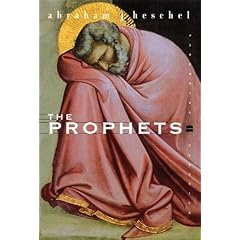In my last post, I claimed that, for Jesus and other faithful Jews of his day, the gospel could be summed up in the simple phrase YHWH is King. I called this
Gospel 1.0. But it's only version 1.0 because Jesus came and, through his life, death, resurrection and ascension, provided a subtle but crucial nuance to the gospel.
When Jesus came preaching through Galilee he announced, over and over again, that the kingdom of God was now upon Israel. In fact, Luke records his first public teaching as the reading of a kingdom-passage from Isaiah. After reading this passage, Jesus sat down and simply said, "Today this Scripture is fulfilled in your hearing." In other words, Jesus was saying that the kingdom of God was breaking upon you through me. YHWH is becoming King (truly, fully, and over against all the other gods of all the other nations that had oppressed Israel) in and through the life and ministry of Jesus. (This is a summary of what N.T. Wright writes in, among other places, The Challenge of Jesus.)
So Jesus is essentially walking around ancient Israel saying, believe the gospel that YHWH is King, and watch it happen through me. The funny thing is that Jesus was probably not the first to say this (there were plenty of other would-be Messiahs in his day). But Jesus is the only one who could back it up, not by defeating Rome, but by defeating sickness, demonic powers, and in several instances even death itself.
Ultimately, of course, Jesus defeated his own death. His resurrection was the decisive victory over Israel's (and all of humanity's) true enemy--Satan, ruling through sin and death. His ascension was not so much spiritual space travel as it was the act of the true cosmic king taking his rightful place on the singular throne over all creation. As Paul writes in 1 Corinthians, the Father put everything under the authority of the Son. In other words, Jesus is King.
This is the
Gospel 2.0--the good news as Christians understand it. Jesus is King (or, if you prefer, Lord). Because of the obedience of the Son, the Father placed him on the throne and put him over all things (except for himself, of course). The kingdom of God, then, is ruled and mediated by Jesus. It is his kingdom. YHwH is King because of what his son did; and because the Son did what he did, the Father made him king. That's the Gospel 2.0--Jesus is King.



